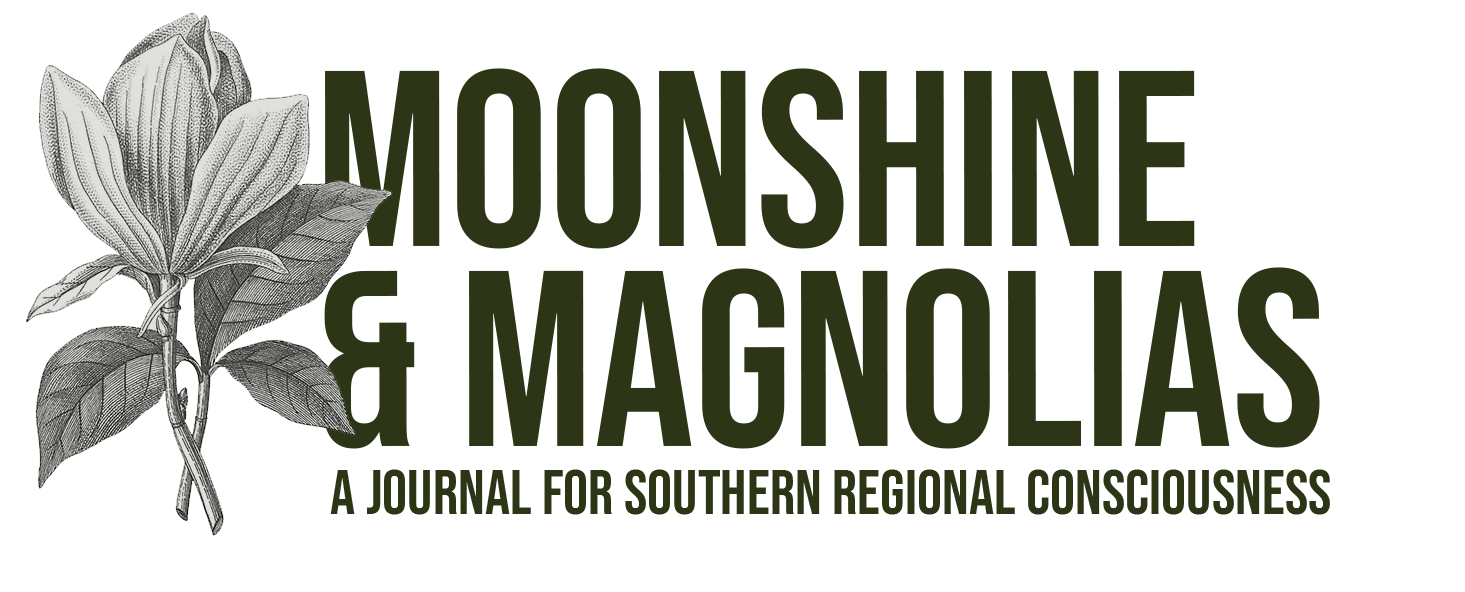A Confederate Exile on His Way To Mexico
The people wept over Allen's departure. They followed him with tears and blessings, and would have forced on him more substantial tokens of regard than words of regret. They knew he had no money—his noble estates had long been in possession of the enemy; hundreds of hogsheads of sugar had been carried off from his plundered sugar-houses; his house was burned, his plantation, a wide waste of fallow-fields, grown up in weeds. He had nothing but Confederate and State money. One gentleman begged him to accept $5,000, in gold, as a loan, since he refused it as a gift. Allen accepted five hundred.
With this small amount, his ambulance and riding-horses, he started to Mexico. His journey through Texas was a complete ovation, instead of a hegira. Everybody, rich and poor, vied with each other in offering him attention and the most eager hospitality. The roof was deemed honored that sheltered his head for the night. He stopped at Crockett, to say "goodbye."
This conversation occurred whilst we were returning from a visit to Gov. Moore's family. I had driven over to their cottage in a buggy, to invite them to join us at dinner. Allen had accompanied me.
These exiles were personal friends of mine. I suffered in parting with them: for some I suffer still—for those who are still absent and still living! Everything was very quiet and still, nothing audible but the low murmur of our voices, when suddenly arose from the prairie beyond us, one of the beautiful, plaintive, cattle or "salt" songs of Texas.
These wild simple melodies had a great attraction for me. I would often check my horse on the prairies, and keep him motionless for a half-hour, listening to these sweet, melancholy strains. Like all cattle-calls, they are chiefly minor. I thought them quite as singular and beautiful as the Swiss Ranz des Vaches, or the Swedish cattle-calls. They consisted of a few chanted words, with a cadence and a long yodl. Sometimes the yodling was aided by what the Texan boys called "quills"—two or more pipes made of reedcane (arundinaria macrosperma)—This made a sort of limited syrinx, which gave wonderful softness and flute-like clearness to the prolonged tones of the voice, as it was breathed into them. The boy sang one of his saddest "calls."
I looked quickly to see if Gov. Allen had noticed the melancholy words and mournful air. I saw he had. He ceased talking, and his face was very grave.
The boy sang:
"Going away to leave you, Ah-a-a-
Going away to leave you, Ah-a-a-a-
Going away to-morrow, Ah-a-a-a-
Going away to-morrow, Ah-a-a-a-
Never more to see you, Ah-a-a-a-
Never more to see you, Ah a-a-a."
This had always been an affecting strain to me; it was doubly so under the existing circumstances. The song died mournfully away. We drove on in silence for a few moments.
Gov. Allen roused himself, with a sigh: "That boy's song is very sad."
"Yes, but he sings it very frequently. He knows nothing about you. It is neither a prophecy nor intended to be sympathetic, you need not make special application of it!"
"No; but it may prove a strange coincidence."
"You shan't say that. I won't listen to such a thought. You'll only spend a pleasant summer traveling in Mexico. We'll see you at the opera in New Orleans, next winter."
"I hope so."
Our conversation reverted now to past years. Allen spoke of his early friends among my relatives; of his whole career in Louisiana; of his wife, with tenderness, [she had died in 1850], of her beauty and her love for him.
His future was so uncertain that he scarcely alluded to that—never with any hopefulness. It was only in the past that he seemed to find repose of spirit. The present was too sad, the future too shadowy for any discussion of either.
During this last visit, I never renewed my arguments against his quitting the country. I had already said and written all that I had to say on that subject. Besides, our minds were in such a confused state, we scarcely knew what any of us had to expect from the victorious party, or what would become of our whole people. So that in urging him not to leave Louisiana, I argued more from instinct, which revolted at anything like an abandonment of a post of duty, and from a temperament which always sought rather to advance to meet and defy danger, than to turn and avoid it, than from any well-grounded assurance or hope of security for him, or any one else. I felt more anxiety for his reputation, for his fame, than for his life and freedom. His natural instincts would have induced similar views; but his judgment and feelings were overpowered by the reasonings and entreaties of his friends.
This essay was originally published by Sarah Anne Dorsey in Recollections of Henry W. Allen in 1866.
